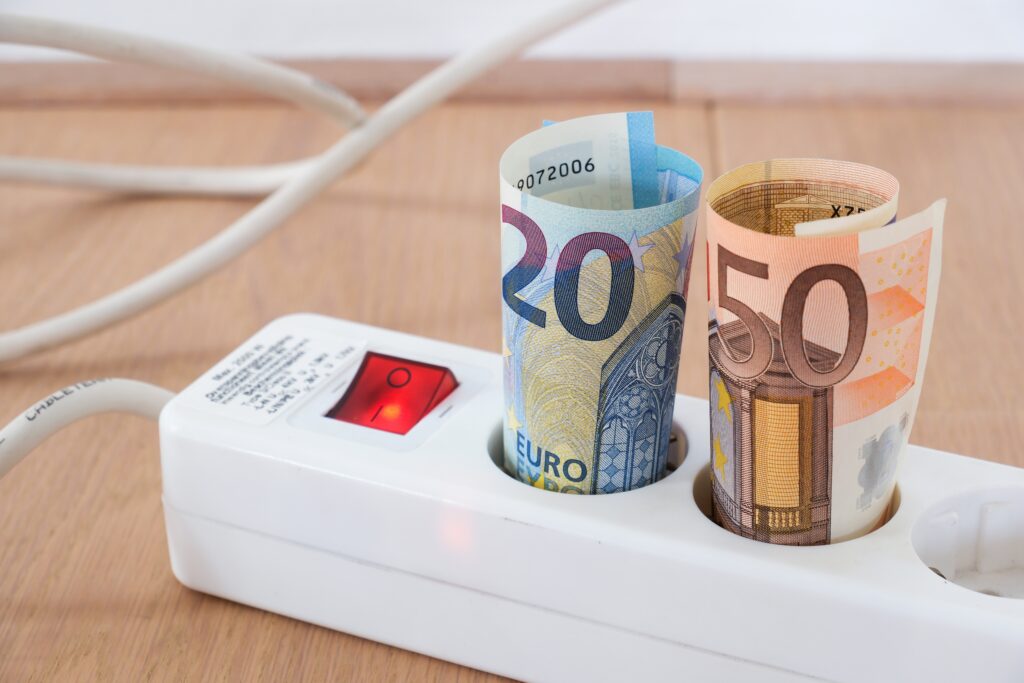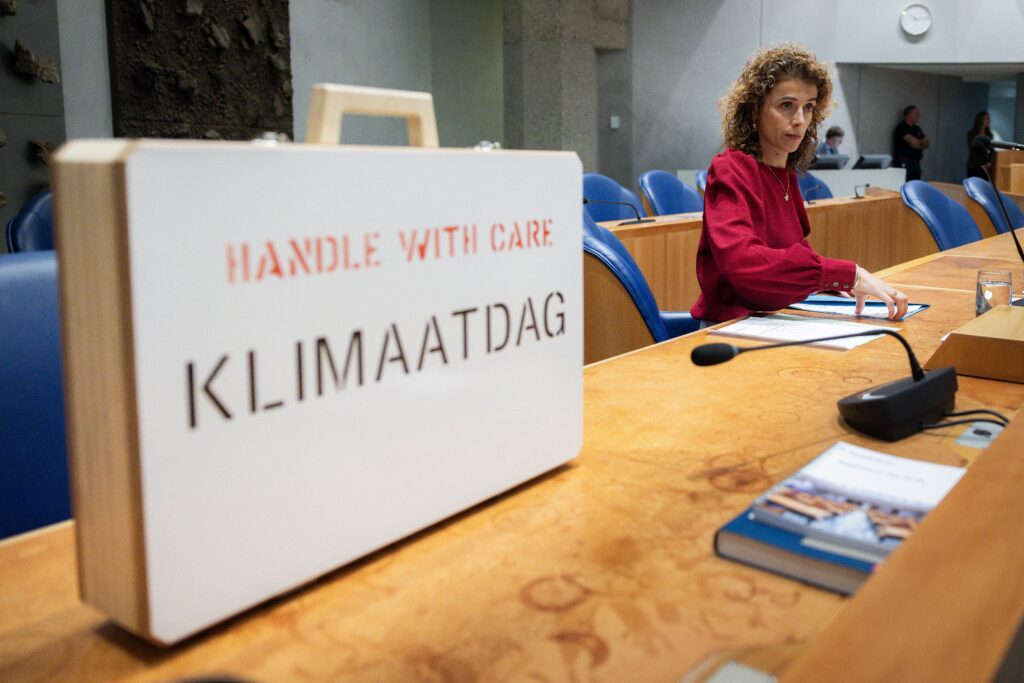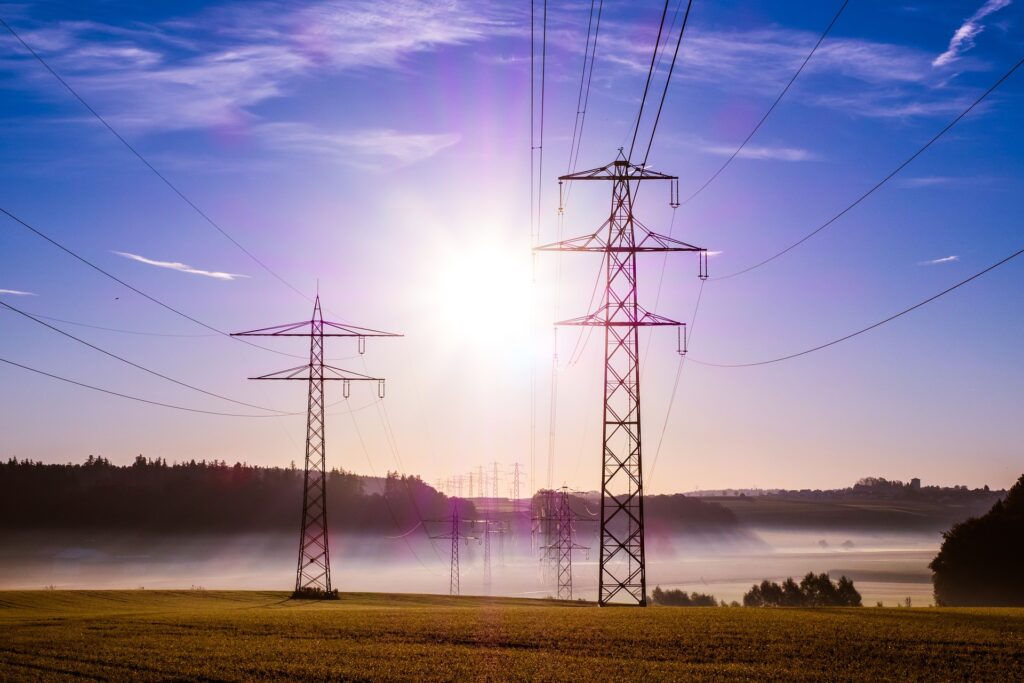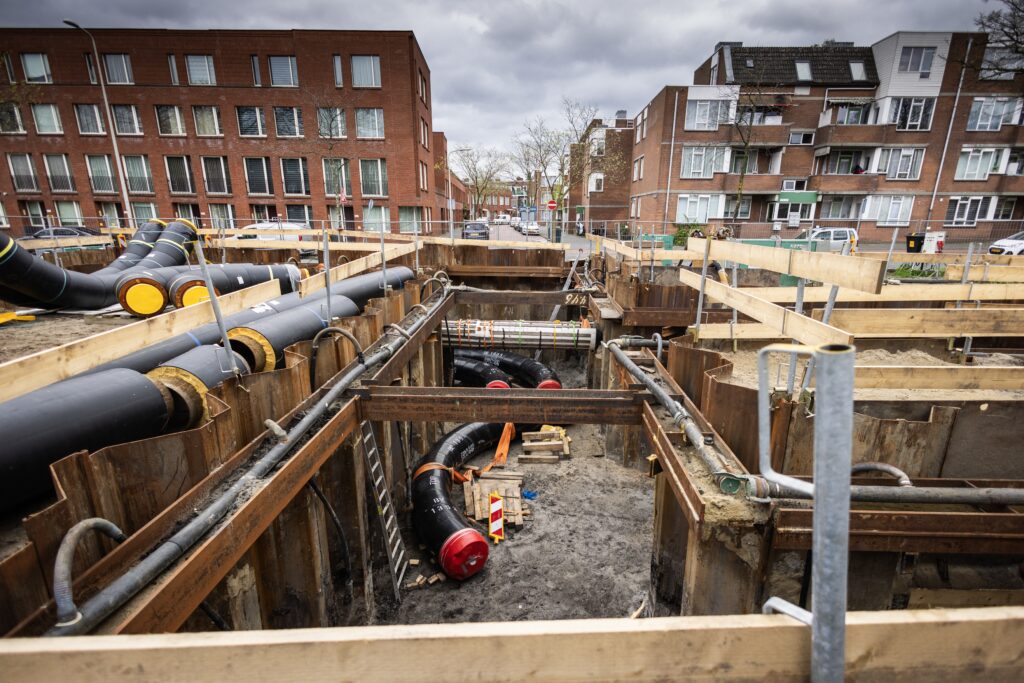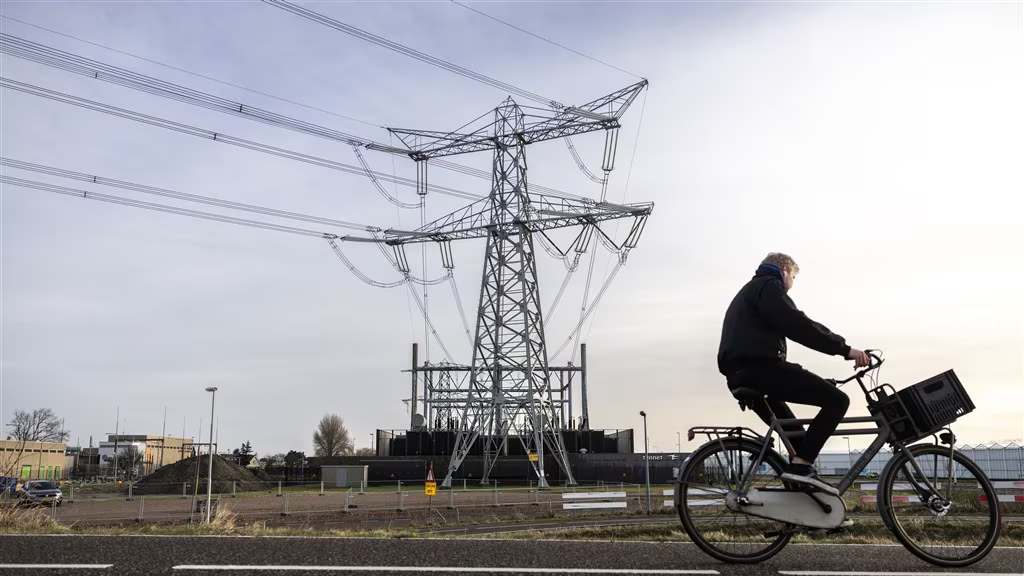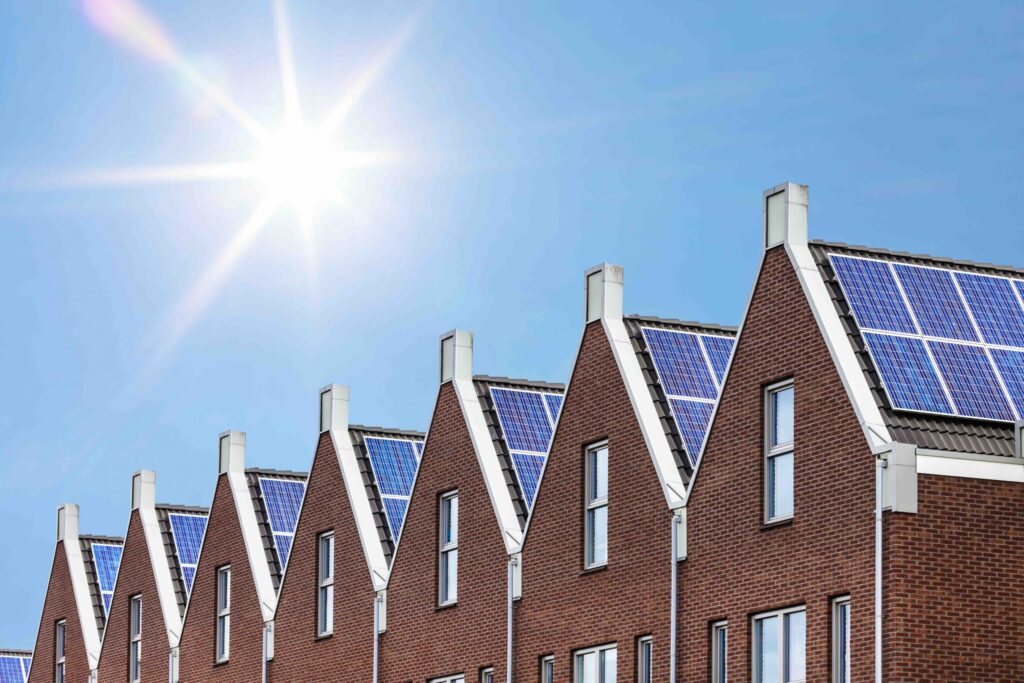This week the Senate debated the bill for the phasing out of netting. The bill provides for a gradual phasing out of netting from 2025 to 2031. Energie-Nederland is in favor of this phasing out, despite the cost-increasing obligation for a minimum feed-in compensation of 80% of the energy price. And believes that there are more effective ways to encourage the purchasing of solar panels. During the debate, some issues remained unclear or were underexposed. Energie-Nederland would like to explain this.
Continued netting leads to higher electricity prices Netting means that the electricity generated with solar panels is offset against consumption at the end of a period of one year. It is good to realize that the electricity that is supplied back on sunny afternoons has a much lower price in the market (due to low electricity demand and high supply) than the electricity consumed in winter. The energy supplier charges the difference between those prices to all its customers, including customers without solar panels. This was not a problem when the number of homes with solar panels was still limited, but now there are 2.6 million. The costs this causes now lead to noticeably higher electricity prices. However, customers without solar panels receive nothing in return. This group usually concerns less wealthy households. The result: a transfer of wealth from households without solar panels to those with panels.
In short, continuing netting unabated is unfair and only increases inequality. When netting is phased out, these costs ultimately expire and are no longer included in the electricity price.
Phasing out netting: costs for suppliers and owners of solar panels are decreasing Without phasing out netting, unnecessary social costs are maintained. When phasing out netting, these costs decrease accordingly. This means that energy suppliers no longer charge these actual costs to owners of solar panels in order to keep the energy price affordable for households without solar panels.
In addition, the bill for the Energy Act, which is now under discussion in Parliament, ensures that customers with solar panels can choose to whom they want to supply solar panels. It will also be possible to agree who will receive this electricity via the so-called peer-to-peer agreement. This option for energy sharing will be further developed with the implementation of the recently adopted Electricity Market Design directive in Brussels.
Investing in solar panels remains a good choice Netting has been introduced to help the forerunners with a reasonable payback period. Panel prices have now been drastically reduced, efficiency has increased considerably and electricity prices have risen. As a result, solar panels pay for themselves within a few years, usually after about seven years, with the reduction of netting and a market-based feed-in payment. From that moment on, yields mainly occur when the sun shines. Moreover, this encourages people to consume as much self-generated electricity as possible at home (and not to supply it back unnecessarily). This can prevent grid congestion.
In addition, the minister has pledged to make additional resources of up to €300 million available for the installation of solar panels by housing associations, so that tenants’ energy bills can also be reduced.
By phasing out netting, the government is proving itself to be reliable and financially solid The government already announced in 2018 that the netting scheme would be phased out. People who subsequently had panels installed knew that the arrangement would be finite. It is therefore good that the government is doing what it promised: looking at another way to encourage solar panel ownership. The government has already organized its finances accordingly: continuing the scheme will cost €2.8 billion.

